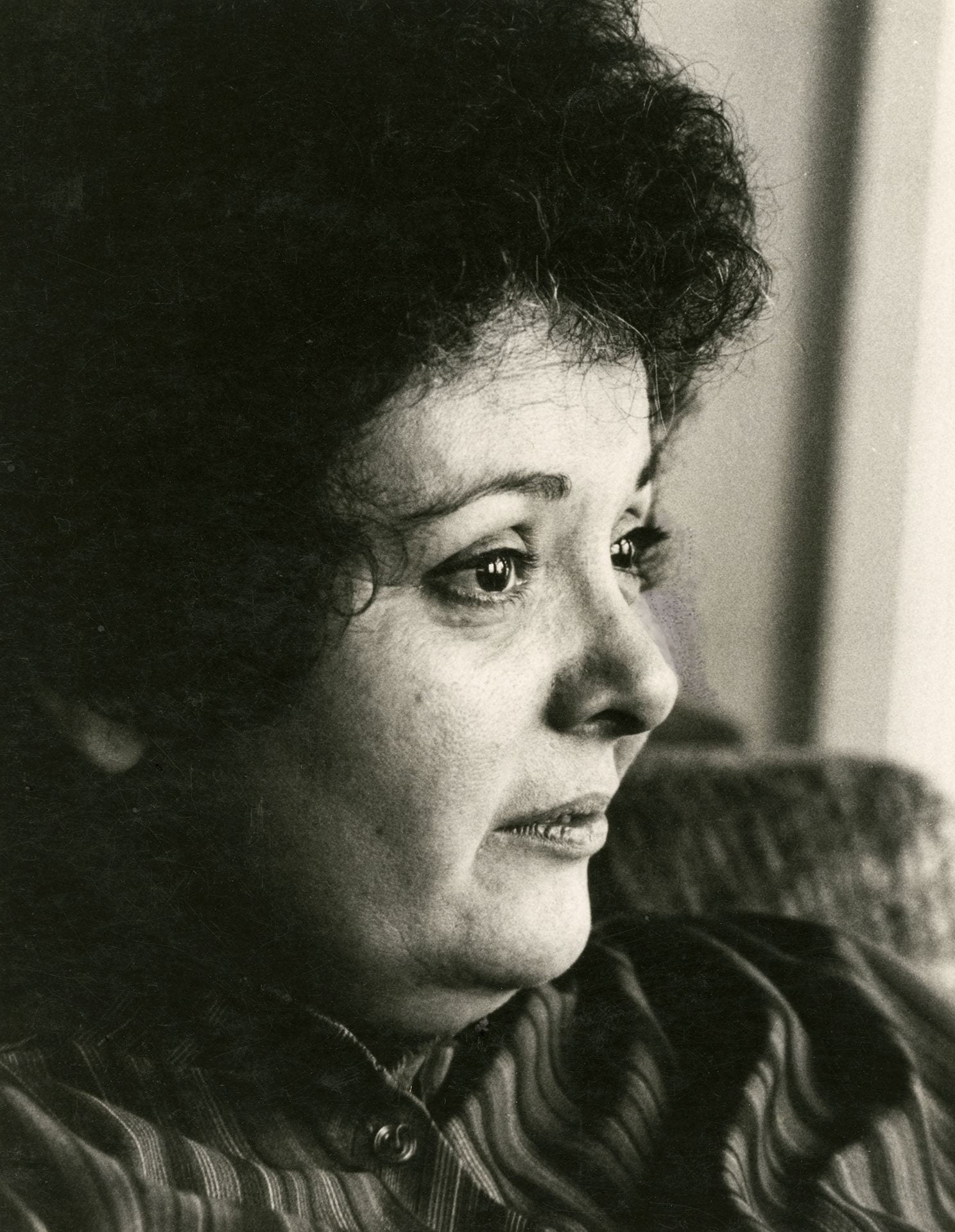
Paula Gunn Allen
Paula Gunn Allen (1939-2008), of Laguna Pueblo, Arab-American and European-American descent, was a renowned feminist poet and novelist, educator and literary critic. She wrote many essays, stories and poems with Native American and feminist themes, as well as two biographies of Native American women. She also edited four collections of Native American traditional stories and contemporary writing, and, in 1986, published the immensely popular and influential, now classic text, The Sacred Hoop: Recovering the Feminine in American Indian Traditions. Paula spoke at Bioneers on several occasions.
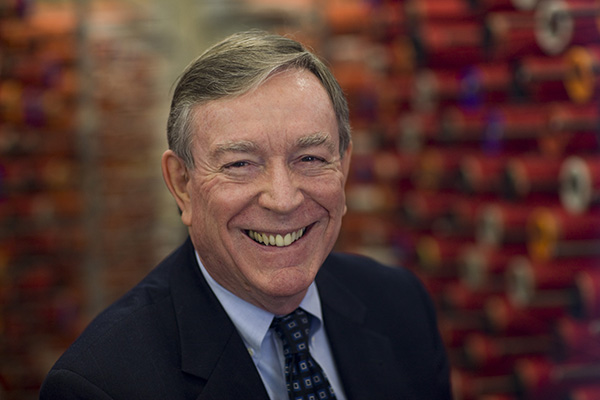
Ray Anderson
Ray Anderson (1934-2011) was a towering figure in the “green business” movement. The founder and chairman of Interface, one of the world’s largest manufacturers of modular carpet for commercial and residential applications and a leading producer of commercial broadloom and commercial fabrics, he became a daring leader in industrial ecology and sustainability, moving his company toward “Mission Zero,” i.e., eliminating any negative externalities from its products and processes. A winner of countless prestigious awards for his responsible business leadership, advocacy and philanthropy, Anderson also co-chaired the President’s Council on Sustainable Development under Bill Clinton and the Presidential Climate Action Plan under Obama; and he wrote two important books: Mid-Course Correction: Toward a Sustainable Enterprise: The Interface Model (1998) and Confessions of a Radical Industrialist: Profits, People, Purpose: Doing Business by Respecting the Earth (2009), which was released in paperback as Business Lessons from a Radical Industrialist in 2011. Bioneers was honored to have hosted a powerful presentation by Anderson.
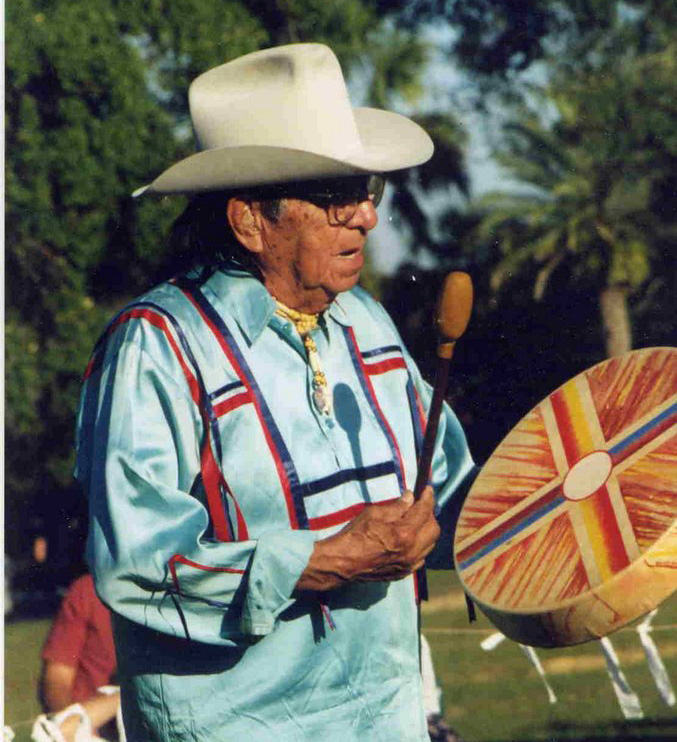
Marcellus Bear Heart Williams
Marcellus Bear Heart Williams (1918-2008), a spiritual leader of the Muskogee-Creek Nation trained in his people’s traditional ways, was highly regarded as a healer and counselor and was a deeply respected figure in the Native American Church who also Sun Danced with both the Northern and Southern Cheyenne peoples. He was also an ordained minister in the American Baptist Church who was asked to be one of the spiritual counselors for firemen and their families after the Oklahoma City bombing tragedy, and he put down prayers with the NYC Fire Department at Ground Zero in November, 2001. Bear Heart helped thousands of people over the course of his life, and his book, The Wind Is My Mother, extended his life-work of sharing wisdom and inspiration. For more information, see: www.TheWindIsMyMother.com
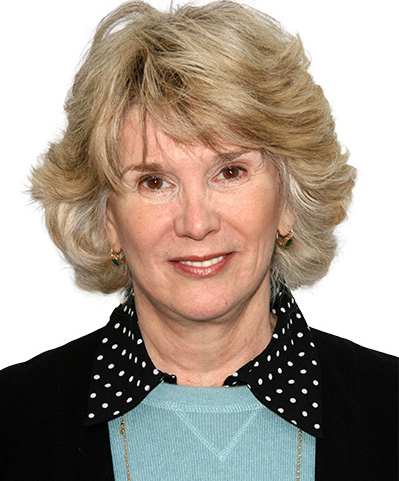
Barbara Bosson
Barbara Bosson (1939-2023) was a renowned television actress who starred in a half-dozen TV crime dramas from the 1970s to the ’90s but who is best known for her five seasons on “Hill Street Blues,” for which she was nominated for five consecutive Emmy Awards. Barbara was a great friend and ally of Bioneers.
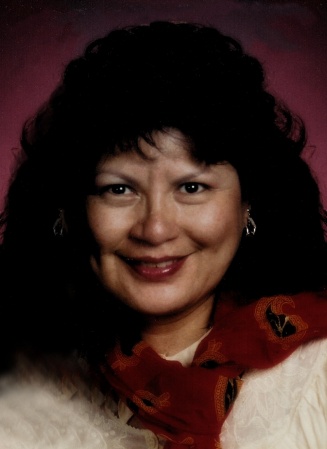
Yvonne Dion Buffalo
Yvonne Dion Buffalo (1946-2005), a member of the Samson Cree Nation who was the first Samson Cree to obtain a Ph.D., became a Visiting Assistant Professor of American Studies at SUNY University at Buffalo (UB), NY, and was a passionate activist for the restoration of Indigenous Women’s Rights under Canadian Law. She had moved to Buffalo in 1989 and, in 1991, married John Mohawk who was Associate Professor in UB’s American Studies Department. At the University at Buffalo, Yvonne served as administrative assistant for the Center for the Americas and taught courses on Indigenous Women, Indigenous Health, Native American History, Native American Aesthetics, American Pluralism, and American Lives and Environments. She wrote numerous scholarly articles and from 1997 to 2000 served as manager of the Bioneers-affiliated Iroquois White Corn Food and Farming Project.
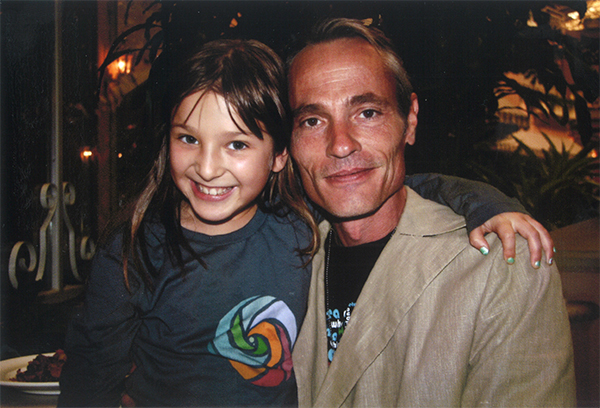
Chuck Castleberry
Chuck Castleberry (1962-2020) who had been in the theater early in his life, worked for several years at Bioneers assisting Kenny Ausubel and had a productive stint working at the DiCaprio Foundation as well. He was a talented photographer, painter, restaurateur, and gardener, and a warm and generous human being.
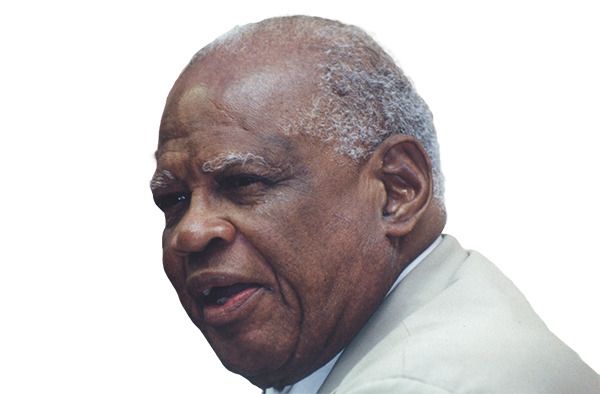
J.L. Chestnut
J.L. Chestnut (1930-2008) an activist attorney and important figure in the Civil Rights Movement, was the first (and for a long while, only) Black lawyer in his hometown of Selma, Alabama, and a dedicated voting rights organizer. He represented many civil rights demonstrators at trial during the turbulent 1960s, as well as representing many movement leaders, including MLK Jr, and later, Black farmers in a historic, massive lawsuit against the USDA for racial discrimination. He wrote an autobiography in 1991, Black in Selma: The Uncommon Life of J.L. Chestnut, Jr., which chronicles the history of the Selma Voting Rights Movement, including the 1965 Selma to Montgomery marches and Bloody Sunday. J.L. gave some powerful, riveting keynote presentations at Bioneers.
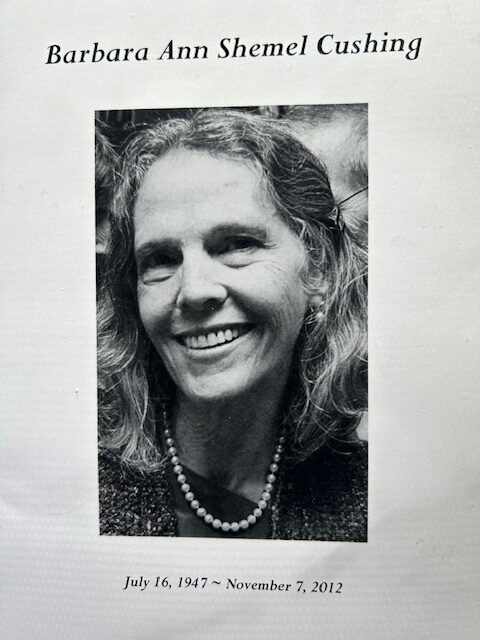
Barbara Cushing
Barbara Ann Cushing (1947-2012) was from 2003 to 2011 first the Managing Director then the Director of Grantmaking at the Kalliopeia Foundation, a private grant-making foundation dedicated to supporting “the evolution of communities and cultures that honor the unity at the heart of life’s rich diversity.” Previous to joining Kalliopeia, Barbara was an attorney and a clinical social worker who worked as a mediator with parents during their crisis of separation and divorce to resolve child custody arrangements. Barbara’s experience in mediation equipped her with unique skills in her approach to philanthropy—an understanding that all people share a commonality and dignity that relies on reflecting on the systems, relationships and opportunities for authenticity to further their common purpose.
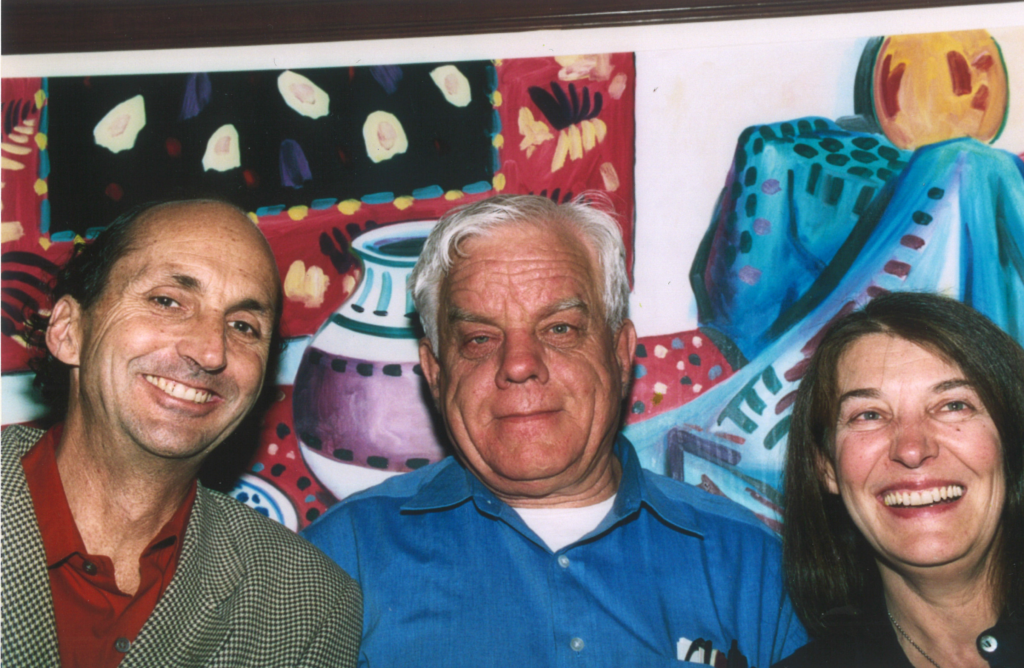
Henry Dakin
Henry Dakin (1936-2010), a fourth generation Californian and major social leader in San Francisco, was an exemplary visionary philanthropist, incredibly generous in sharing his many skills and resources to help incubate, nurture and support a wide range of worthy non-profit organizations and budding entrepreneurs. Henry lived an extraordinary life. To cite only a few of his accomplishments: During the 1960s he did research in health physics at Lawrence Berkeley Laboratory and designed a pocket radiation detector that is still in use today. During the 70s, Henry’s broad-ranging interests in consciousness, computer technology, and conservation generated a slew of cutting-edge projects at his Pacific Heights offices. He was an early innovator in desktop publishing and contributed to the glasnost era by pioneering novel forms of citizen diplomacy such as Esalen’s incredibly important Soviet-American Exchange Program and the Center for Citizen Initiatives. Over the decades, Henry incubated an astonishing number of later to be significant non-profits, including Internews, Institute for Global Communications, Presidio Alliance, San Francisco Global Business Council, Association for Space Explorers, and Link TV. He and his wife Vergilia helped establish the San Francisco Waldorf School, now the largest Waldorf school in North America. Henry shunned publicity, but this truly remarkable cultural ambassador, peacemaker, and global communications pioneer possessed a playful curiosity, relentless energy and genuinely selfless desire to contribute to the common that made him a deeply beloved figure. He was a really great ally to Bioneers.
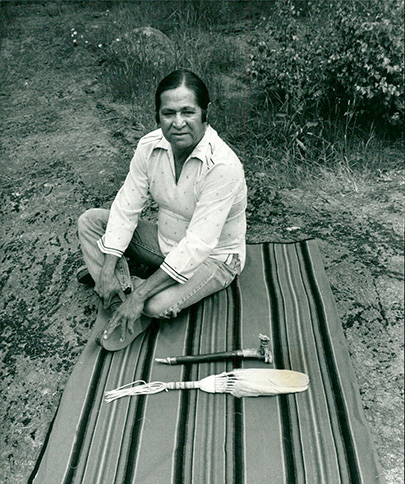
Richard Deertrack
Richard Deertrack (1930-2009), born in Taos Pueblo, fought as a Marine in the Korean War and was awarded two Purple Hearts. He went on to serve in the Taos Tribal Government and was instrumental in getting Blue Lake returned to his tribe after a long dispute with the federal and state governments. He lived in California for a time, serving as Dean of Admissions at Heartwood Institute, and he conducted seminars in Native American traditional ways at Esalen institute and several other learning centers in the U.S. and around the world. He attended the Kyoto Water Conference representing North American Indigenous interests, served as board chair at the Environmental Law Center in Santa Fe, and worked with the American Health Services for HIV/Aids, the FAA, National Parks Service and many tribes and organizations. Richard Deertrack was also a fourth-generation Road Man in the Native American Church.
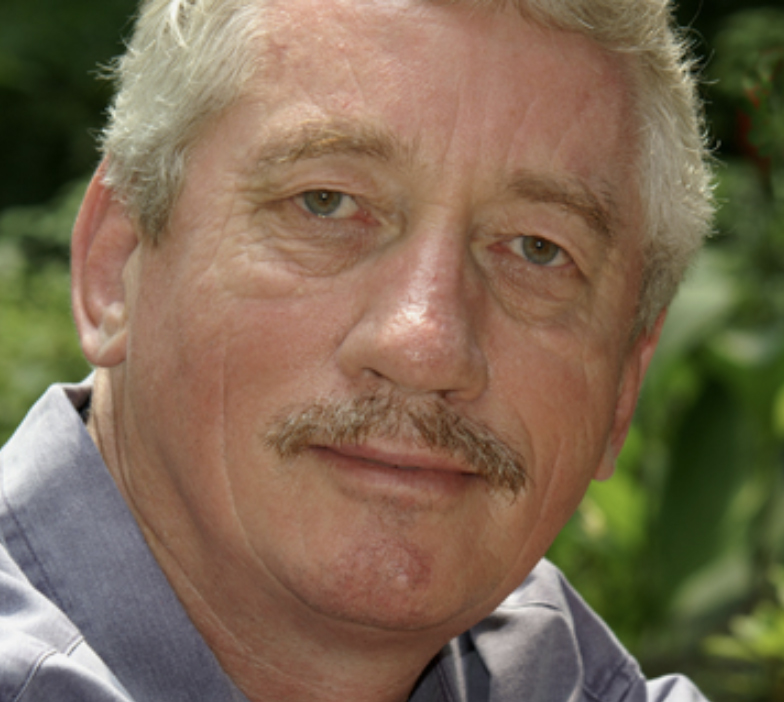
Frans B. M. de Waal
Frans B. M. de Waal (1948-2024) was a Dutch/American biologist and primatologist widely renowned for his work on the behavior and social intelligence of primates. C. H. Candler Professor Emeritus at Emory University, de Waal was elected to the U.S. National Academy of Sciences and was declared one of The Worlds’ 100 Most Influential People Today by Time magazine in 2007. He was the author of numerous highly influential books including: Chimpanzee Politics, Our Inner Ape, and his last text, Different: Gender Through the Eyes of a Primatologist, which he spoke about at the 2022 Bioneers Conference.
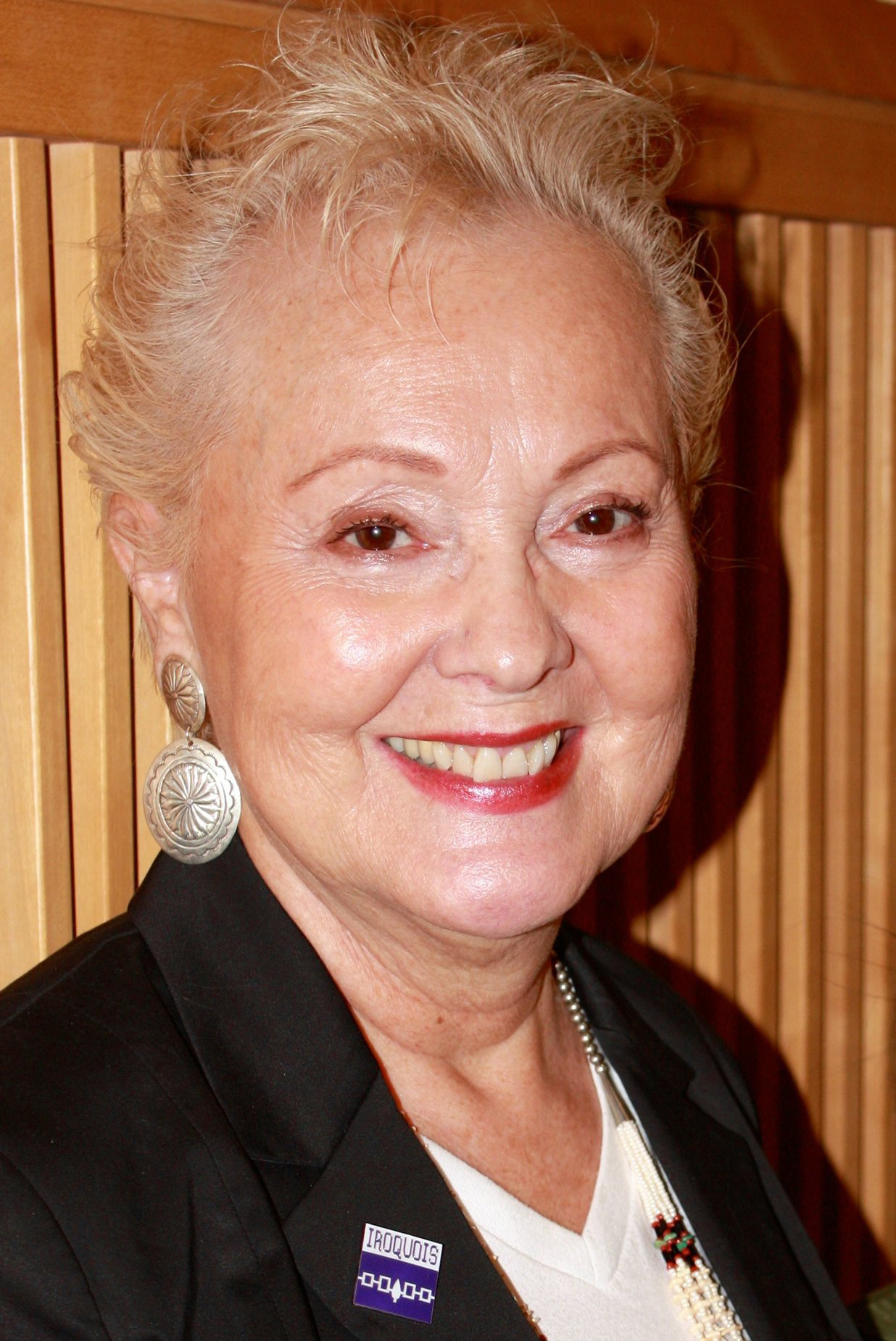
Tonya Gonnella Frichner
Tonya Gonnella Frichner (1947—2015), J.D., was an Onondagan attorney and activist whose academic and professional life was devoted to the pursuit of human rights for Indigenous peoples. Known for her international work, particularly for her contributions to the United Nations Declaration on the Rights of Indigenous Peoples, she received many prestigious awards in recognition of her work, including the Harriet Tubman Humanitarian Achievement Award, the Female Role Model of the Year from the Ms. Foundation for Women, the Thunderbird Indian of the Year Award, the Ellis Island Medal of Honor, the Ingrid Washinawatok El-Issa O’Peqtaw Metaehmoh – Flying Eagle Woman Fund for Peace, Justice, and Sovereignty Award, and the NY County Lawyers Association Award for Outstanding Public Service.
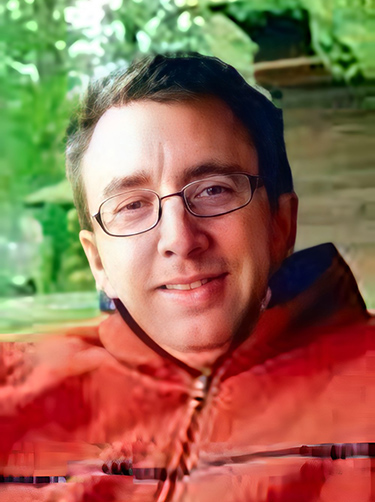
Nick Frost
Nick Frost (1967—2013), the proprietor/Chief Engineer of Datamender, LLC, was a brilliant provider of information technology consulting to a number of New Mexico clients including: The National Center for Genome Resources, The Santa Fe Institute, The Bicycle Technologies Corporation, and…Bioneers. He was an ace problem solver with a great sense of humor and a wide range of interests.
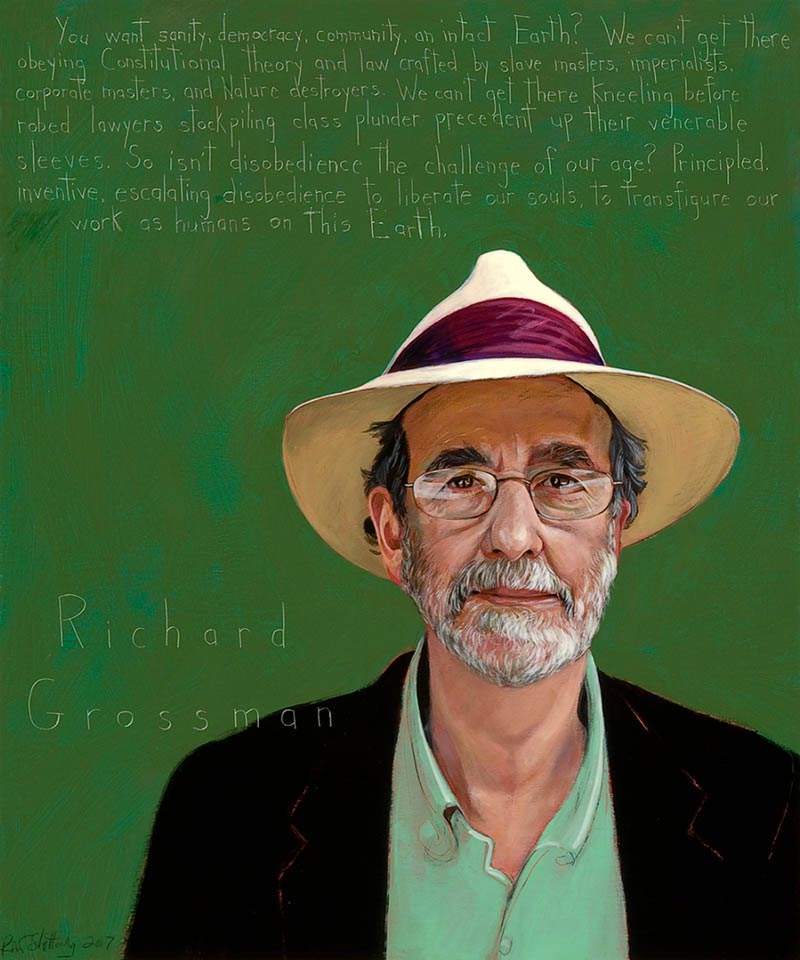
Richard Grossman
Richard Grossman (1943-2011), one of the most important leaders in the struggle to challenge the domination of mega corporations in the legal arena, was initially an activist focused on human rights in the workplace, clean air, safe energy, etc. He served as Director of Environmentalists for Full Employment and Executive Director of Greenpeace USA, and wrote several books and pamphlets, but by the mid to late 1980s he began to question the effectiveness of his activism and decided to shift his focus to the legal system, to try to challenge the very legal basis of corporate power. In 1995, he co-founded the Program on Corporations, Law & Democracy; in 2003 he co-founded the Daniel Pennock Democracy Schools; and in 2006 became Director of Education for the Community Environmental Legal Defense Fund, working in all those contexts to devise strategies to disrupt corporate power and return the democratic control of health and welfare to communities.
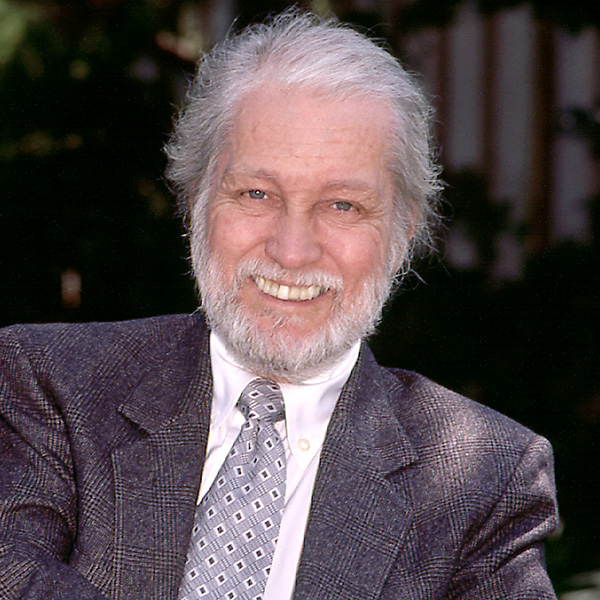
Aubrey Hampton
Aubrey Hampton (1934-2011) was a pioneer in eco and socially-conscious business. A biochemist, inventor, and writer, he founded the renowned hair and skin-care company, Aubrey Organics, and later co-founded (with Susan Hussey, later his wife) a Tampa, Florida-based theater company, The Gorilla Theater, and also launched the Young Dramatists’ Project, which allowed teenage writers to see their plays professionally staged. Aubrey and Susan were significant presences at several Bioneers conferences.
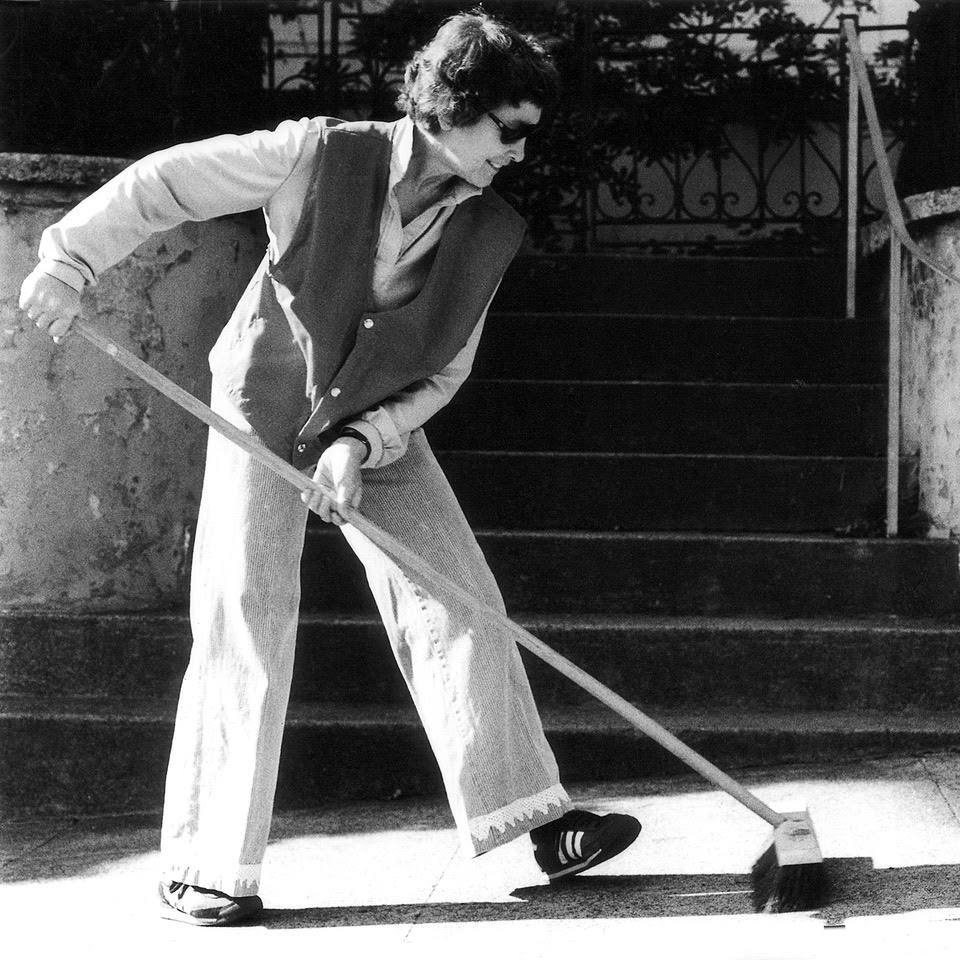
Jo Hanson
Jo Hanson (1918-2007) was a highly innovative, groundbreaking, deeply influential eco-artist who became a pillar of the Bay Area arts community. She served as San Francisco’s Arts Commissioner for six years in the 1980s and became known for championing the inclusion of deserving underrepresented women and artists of color in the City’s art collections. She was the driving force behind saving Lucien Labaudt’s murals at the Beach Chalet, instrumental in the Art Commission’s restoring the Coit Tower murals and acquiring public art for San Francisco International Airport. She also convinced NORCAL Sanitary Waste recycling and disposal company to develop an artist-in-residency program. In 1996 she co-founded WEAD—the Women Environmental Artists Directory, a journal, website and international network connecting and documenting the artwork of more than 200 women eco-artists, that also produces yearly exhibits and outreach events. She brought many eco-artists and their work to Bioneers. For more on Jo: https://directory.weadartists.org/artist/hansonj
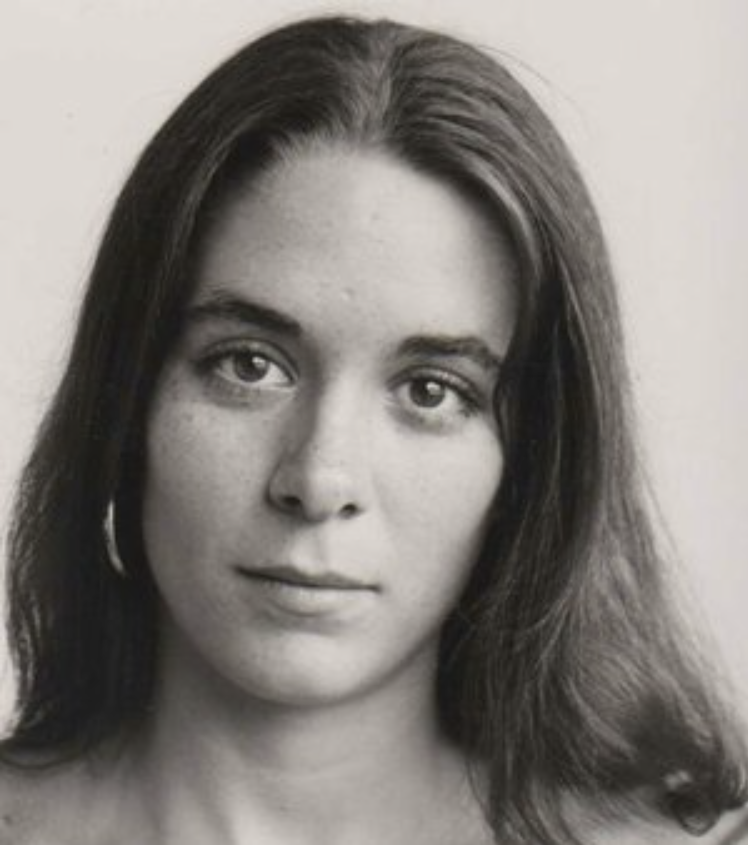
Sebia Hawkins
Sebia Hawkins (1953-2012) was a renowned, tireless international activist with Greenpeace from 1984-1995, organizing, penning numerous papers, and lobbying the U.N., the U.S. Congress and many governments around the world, working especially on combating nuclear testing and the ravages of radioactive pollution. In 1995 she became a Development Director for Bioneers while continuing to serve on many boards, including for Greenpeace, the Ruckus Society, the Center for International Environmental Law, Concerned Citizens for Nuclear Safety, and the Permaculture Credit Union in New Mexico. Her last job was Director of Development for the Environmental Law Group of New Mexico in Santa Fe.
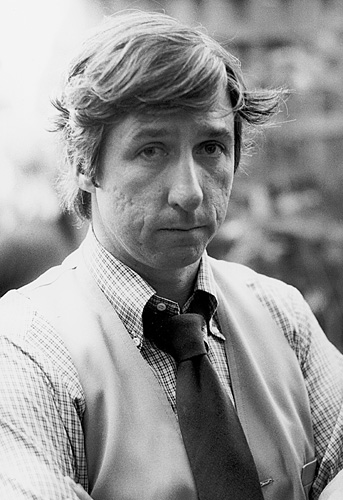
Tom Hayden
Tom Hayden (1939-2016) was one of the most significant figures in American progressive political movements in the last century. A visionary thinker and world-renowned activist who got his start in the late 50s in the Civil Rights Movement, in 1962 he authored the Port Huron Statement, the foundational document of the most important American anti-war student organizations of the 1960s, Students for a Democratic Society, and he was one of the defendants in the renowned Chicago Seven case. In later years, he became a major figure in CA progressive politics, focusing on eco and social justice issues including solar energy and rent control. He was an assemblyman for a decade and a state senator from 1993 to 2000, sponsoring major bills on the environment, education, public safety and civil rights. After his legislative career, he directed the Peace and Justice Resource Center in Culver City, Calif., which opposed the wars in Afghanistan and Iraq. He also taught at various California colleges and Harvard, and wrote articles for The Times, The Washington Post and The Nation. Tom wrote more than 20 books, including several memoirs, re-examinations of the civil rights and antiwar movements, and volumes on street gangs, Vietnam, his own Irish heritage, the environment and the future of the United States. He was one of the most perceptive and original, far-ranging thinkers we have known, and he was a dear friend and ally to us at Bioneers.
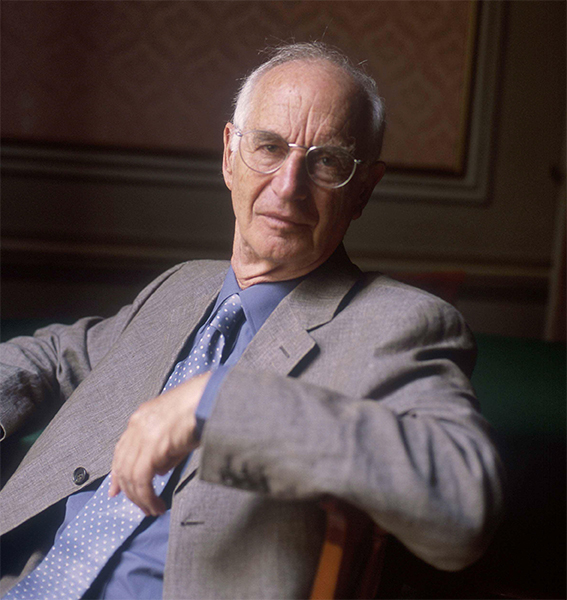
James Hillman
James Hillman (1926-2011) was a profoundly influential, innovative psychologist and psychological thinker who founded the Archetypal Psychology movement, a daring revisioning of Jungian ideas. Hillman, who knew Jung and was at one point the director of the C.G. Jung Institute in Switzerland, later developed his own theoretical framework, which he explained in his 1975 magnum opus, Re-visioning Psychology, nominated for a Pulitzer Prize. Hillman then helped co-found the Dallas Institute for Humanities and Culture in 1978, and his bestselling 1997 book, The Soul’s Code: In Search of Character and Calling, had a major impact on the larger culture. Hillman gave a memorable keynote address at Bioneers.
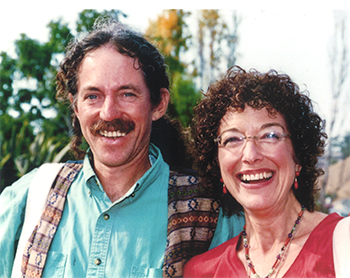
Gabriel Howearth
Gabriel Howearth (1954—2021), a key figure in the founding of Bioneers, was a genius biodiversity-oriented gardener, farmer and heirloom seed saver. Invited by the elders of San Juan Pueblo to help them resurrect their once-thriving and now fast-disappearing farming traditions, he searched for many types of old seeds that had been preserved for generations in gourds, pots and in the adobe walls of buildings and in the root cellars of traditional Indian pueblos throughout the region. The work at that cutting-edge experimental farm became the inspiration for Seeds of Change, co-founded by Gabriel and Kenny Ausubel, which, later led to the birth of Bioneers. Nina Simons, co-founder of Bioneers, on her first visit to that farm was so inspired by its beauty and diversity it changed the course of her life. For a detailed tribute to Gabriel by Bioneers’ Food and Farming director, Arty Mangan, see: https://bioneers.org/a-tribute-to-gabriel-howearth-champion-of-biodiversity-zmbz2109/
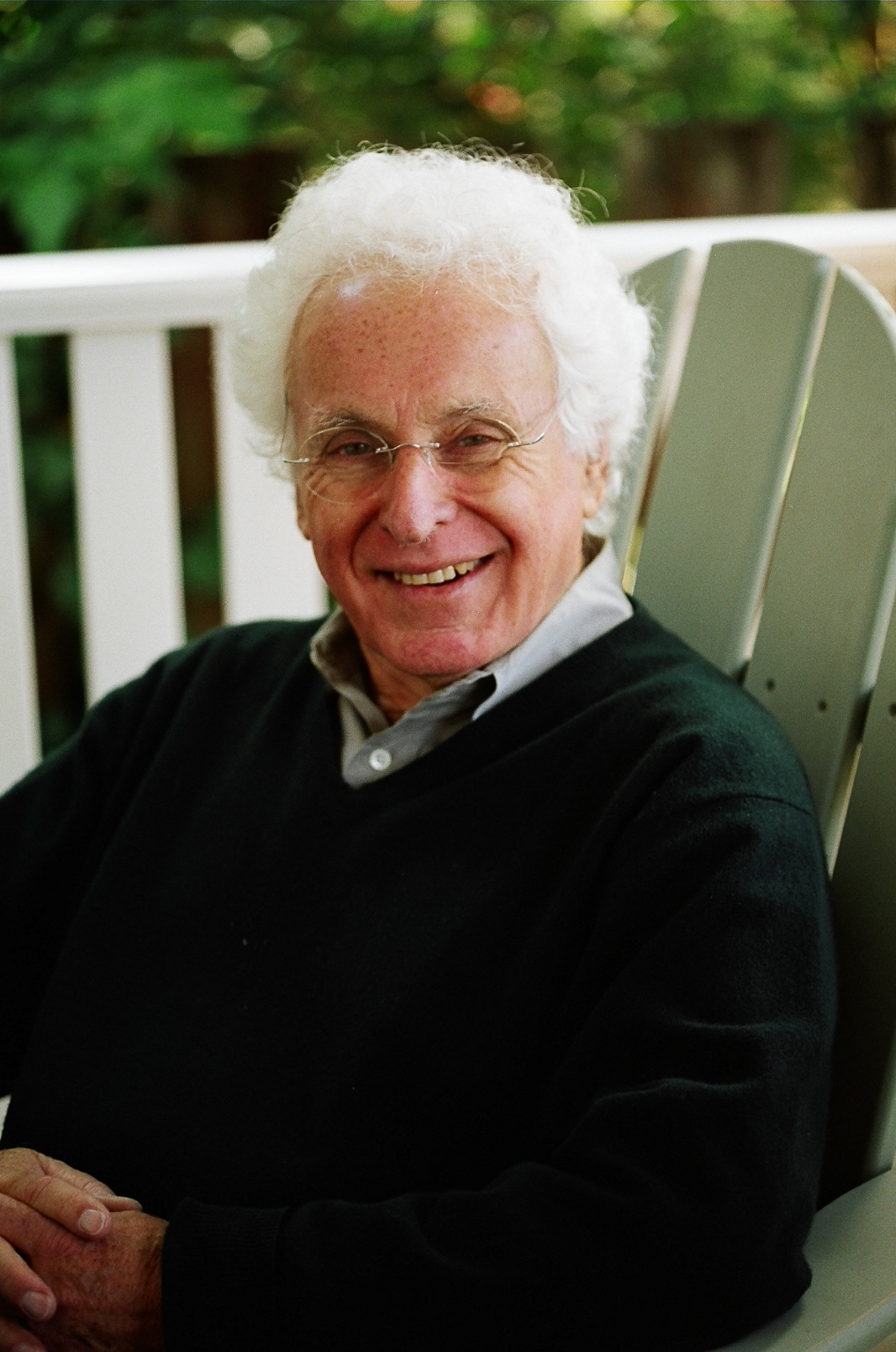
Jerry Mander
Jerry Mander (1936 – 2023) was a groundbreaking activist-adman, a godfather of the anti-globalization movement and a leading figure in neo-Luddite critiques of technology and capitalism. In 1966, working with advertising executive Howard Gossage, Jerry co-created an ad that helped stop the US government from building two giant dams that would have flooded the Grand Canyon. The Bureau of Reclamation had claimed that the public favored the plan because small boats would then be able to float high up in the canyon, allowing visitors to touch its beautiful walls. The headline of Jerry’s full-page ad asked: “Should We Also Flood the Sistine Chapel, so Tourists Can Get Nearer to the Ceiling?” During his advertising agency career, his clients included Earth Island Institute, Planned Parenthood, Greenpeace, and many other worthy non-profits, and he helped Stewart Brand create the iconic Whole Earth Catalog. He was the author of several books, including Four Arguments for the Elimination of Television and In the Absence of the Sacred. Jerry was the prime mover of the highly influential visionary anti-globalization movement, the International Forum on Globalization.
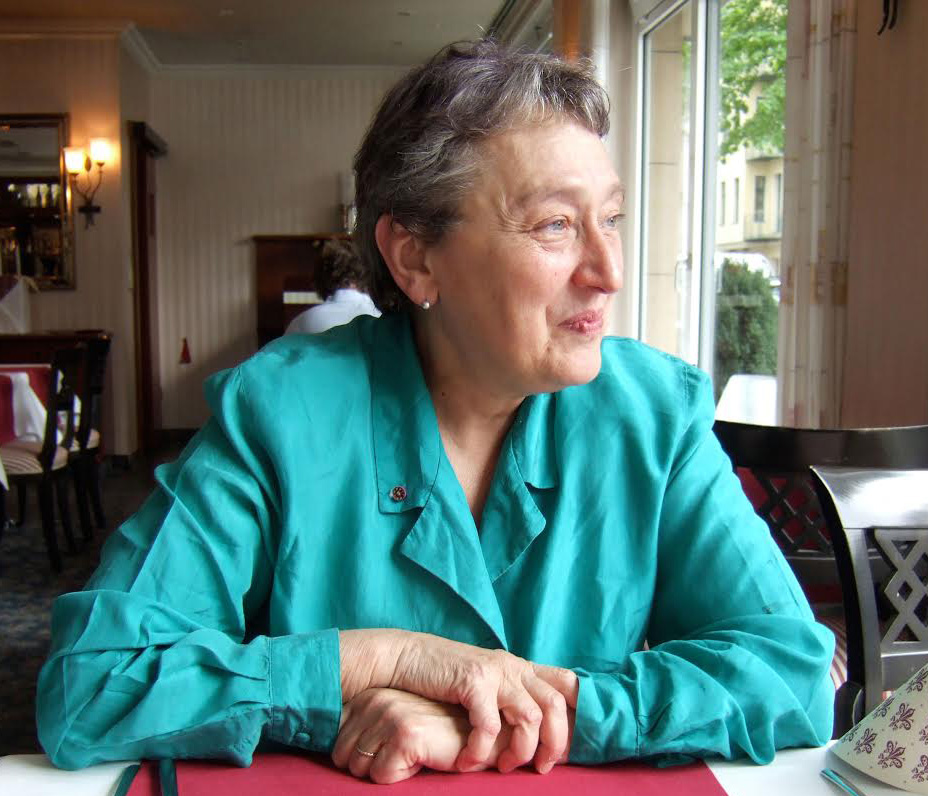
Lynn Margulis
Lynn Margulis (1938-2011), one of the most important biologists in history, revolutionized our understanding of evolution. Her first book, The Origin of Eukaryotic Cells (1970), announced her path-breaking endosymbiotic theory. She was often critical of the then dominant “zoological, capitalistic, competitive, cost-benefit interpretations of Darwin.” Rejected for years by mainstream scientific orthodoxy, her theory of endosymbiosis emphasized the hitherto overlooked complex forms of cooperation, co-existence and symbiosis in cellular evolution, and is now textbook biology. Later, Margulis made fundamental contributions to James Lovelock’ Gaia theory, now broadly accepted in Earth System Science. Her books include: Slanted Truths: Essays on Gaia, Symbiosis, and Evolution (1997) and Symbiotic Planet: A New Look at Evolution (1998).
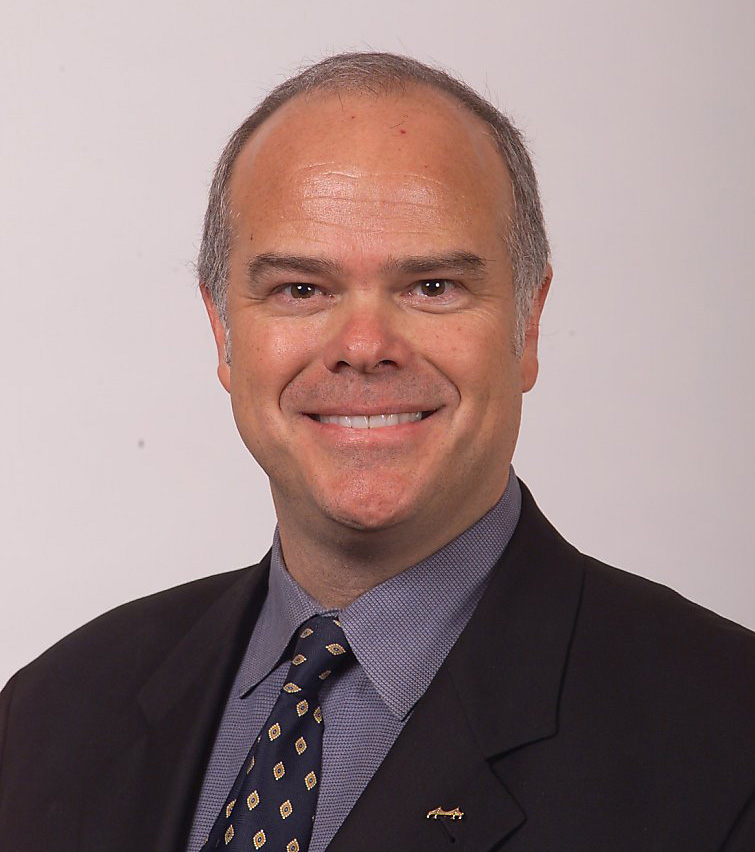
Charles McGlashan
Charles McGlashan (1961-2011), a great ally of Bioneers during our annual conference’s two decades in San Rafael, was a passionately committed, dynamic leader in “greening” his region as an activist and as a Marin County Supervisor. His efforts brought solar, wind and biomass power into countless homes and businesses, and he was also a strong advocate of alternative transportation, serving on the board of the Sonoma Marin Area Rail Transit and pushing for bike lanes along the rail line. He also backed a successful effort to outlaw single use plastic bags in the county.
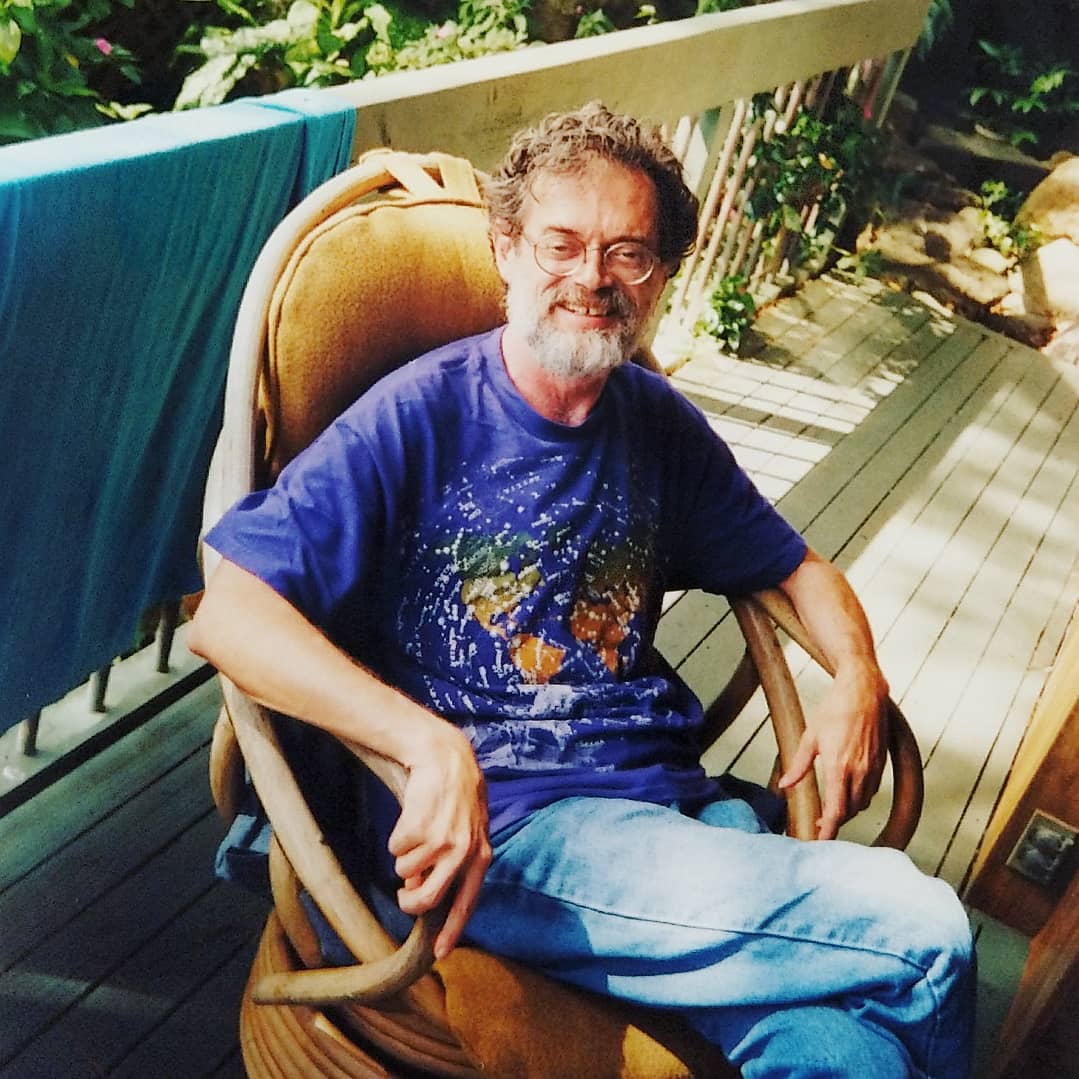
Terence McKenna
Terence McKenna (1946-2000), the most influential advocate for the productive use of psychedelics in the last half century, was a visionary speculative thinker, daring explorer of altered states, brilliantly mesmerizing public speaker and incredibly, well-read, erudite intellectual. The author of several books, including: The Archaic Revival; Food of the Gods; and True Hallucinations, hundreds of hours of his public lectures were recorded either professionally or bootlegged and continue to be widely disseminated in an ever more vibrant psychedelic underground. Terence gave a memorable keynote and participated in a couple of fascinating panels at Bioneers in the 1990s.
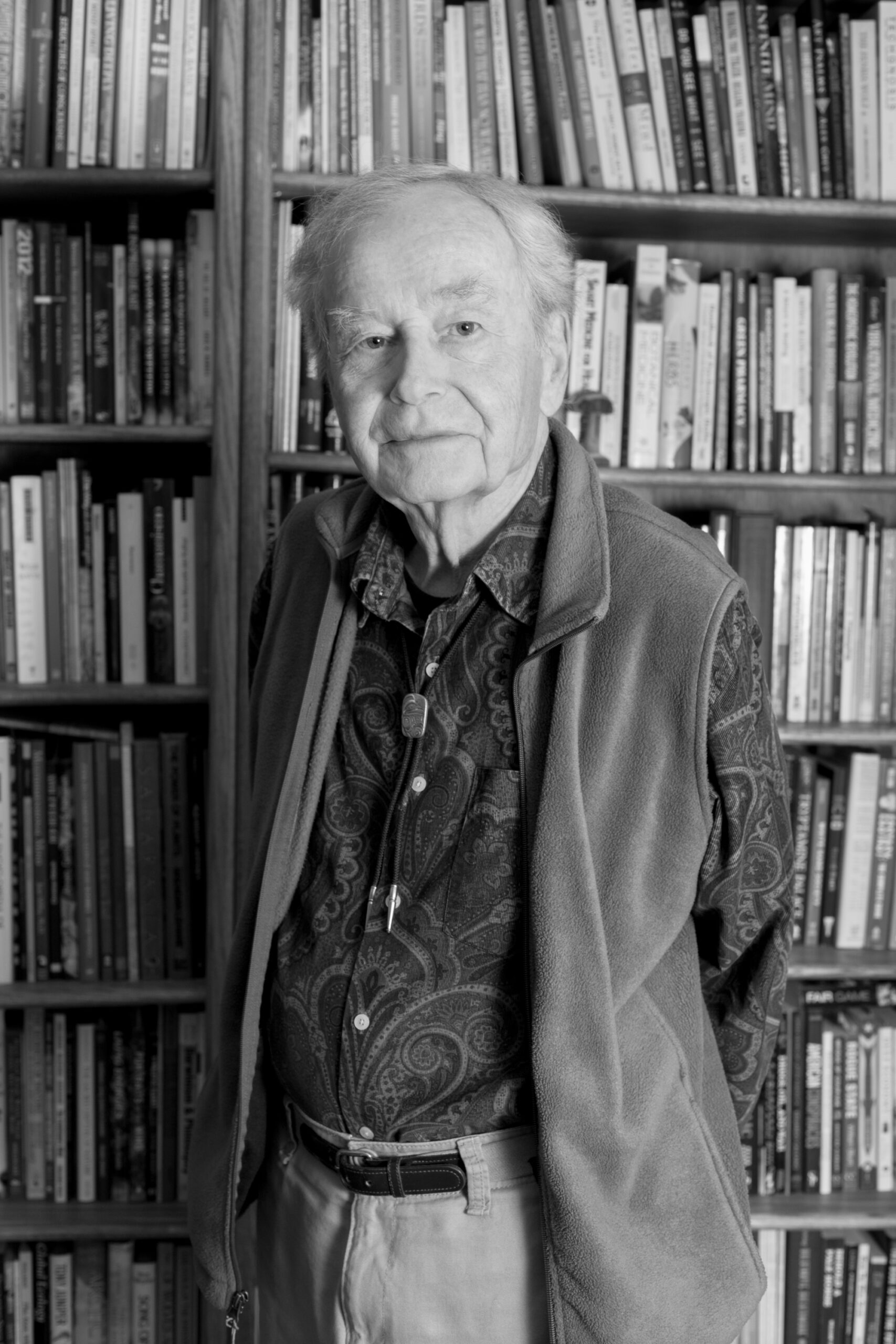
Ralph Metzner
Ralph Metzner, Ph.D., (1936-2019), a German-born psychologist, writer and researcher, participated in the famous psychedelic research and experimentation with Timothy Leary and Richard Alpert (aka Ram Dass) at Harvard when he was a graduate student in the early 1960s. His study of and experimentation with a wide range of consciousness exploration modalities as well as psychedelics continued throughout his life and he became a beloved guide and mentor to many people over the decades. He authored several books, including: The Well of Remembrance, The Unfolding Self, Green Psychology, two edited collections on the science and the phenomenology of Ayahuasca and Teonanácatl, and a collection of reports about MDMA experiences. He became a professor of psychology and the Academic Dean at the California Institute of Integral Studies, co-founded and led the Green Earth Foundation, and conducted many workshops on consciousness transformation and alchemical divination nationally and internationally. Ralph was a frequent speaker on panels at Bioneers.
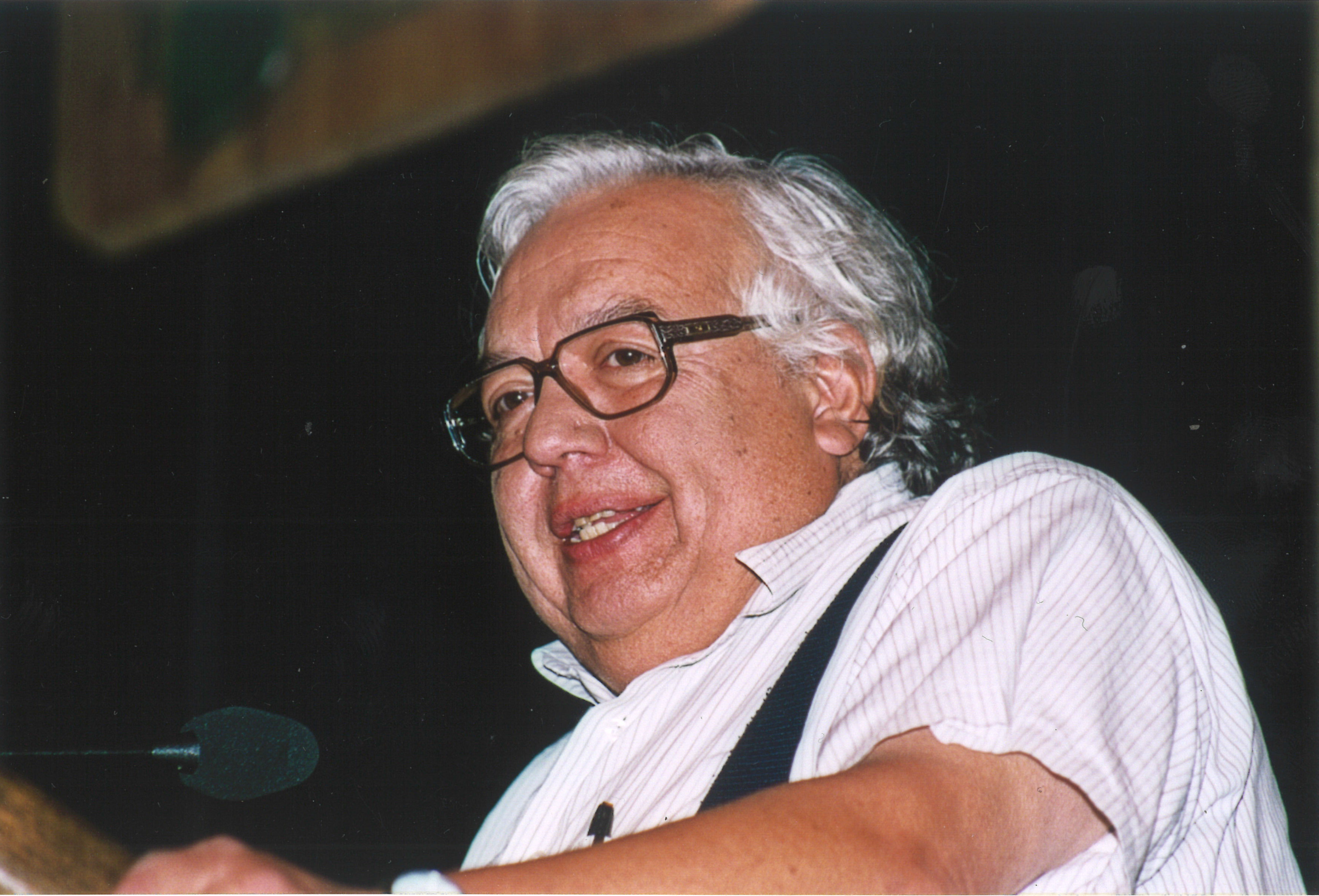
John Mohawk
John Mohawk (1945–2006), Ph.D., a member of the Seneca Nation (Turtle Clan) and spokesman for the Haudenosaunee (Iroquois) Confederacy of Nations, was a scholar of American history, writer, teacher, skilled international mediator and crisis negotiator, cultural revivalist, and social activist. An associate professor of American Studies at the State University of New York (SUNY), Buffalo, and director of Indigenous Studies at its Center of the Americas, he founded the Iroquois White Corn Project (closely affiliated with Bioneers) to protect small-scale Indigenous farmers, and co-founded the Indigenous Peoples Network, the Emergency Response International Network, the Seventh Generation Fund, and the Indian Law Resource Center. He was the editor of and contributed to Akwesasne Notes, known as “the Voice of Indigenous Peoples,” founding editor of Daybreak, a national magazine about Native Americans, as well as a columnist for Indian Country Today. He was the primary author of A Basic Call to Consciousness (1978), the collective work of the Haudenosaune Grand Council on the value of traditionalism as a guide to political activism. His books include The Red Buffalo (1971); Exiled in the Land of the Free, co-edited with Oren Lyons (1992), Utopian Legacies: A History of Conquest and Oppression in the Western World (2000); The Iroquois Creation Story: John Arthur Gibson and J.N.B Hewitt’s Myth of the Earth Grasper (2005); and Thinking in Indian, a collection of posthumously published essays. John was a role model and beloved teacher for many of us at Bioneers.
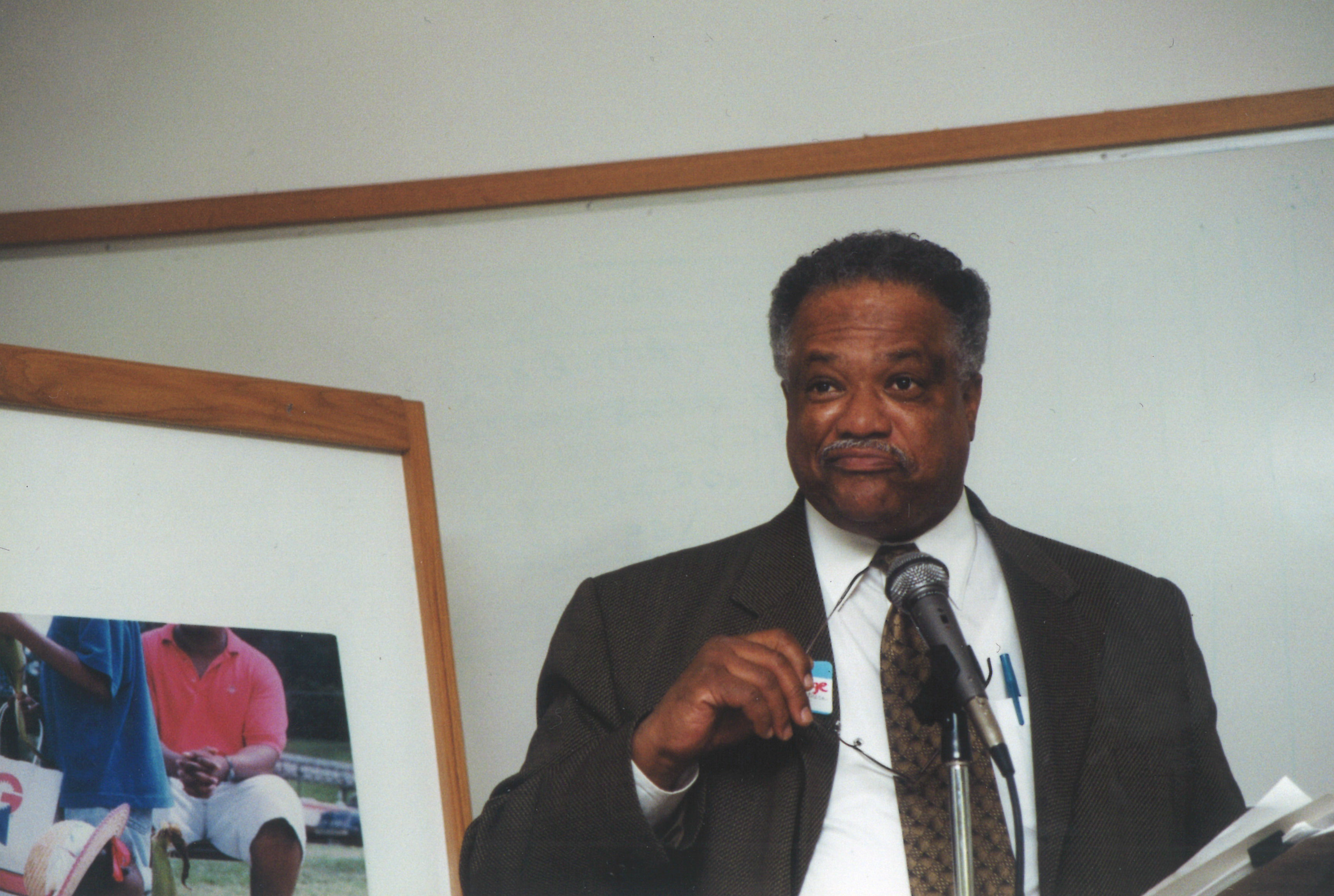
Ralph Paige
Ralph Paige (1943-2018), a great defender of rural Black communities, joined the Federation of Southern Cooperatives/Land Assistance Fund, an advocacy organization for Black farmers that grew out of the Civil Rights Movement, in 1969, and, starting in 1985, he became its leader for 30 years, helping organize Black farmers into economic cooperatives and sharing strategies on how best to retain their lands. During his 46 total years with the Federation, he helped organize dozens of cooperatives and 18 community development credit unions across the Southeast. Ralph Paige and the Federation worked on several projects with Bioneers’ Food and Farming programs under the leadership of Arty Mangan, in the 1990s. For more about Ralph, see:https://bioneers.org/in-memory-of-ralph-paige-champion-of-black-farmers-zmbz1807/
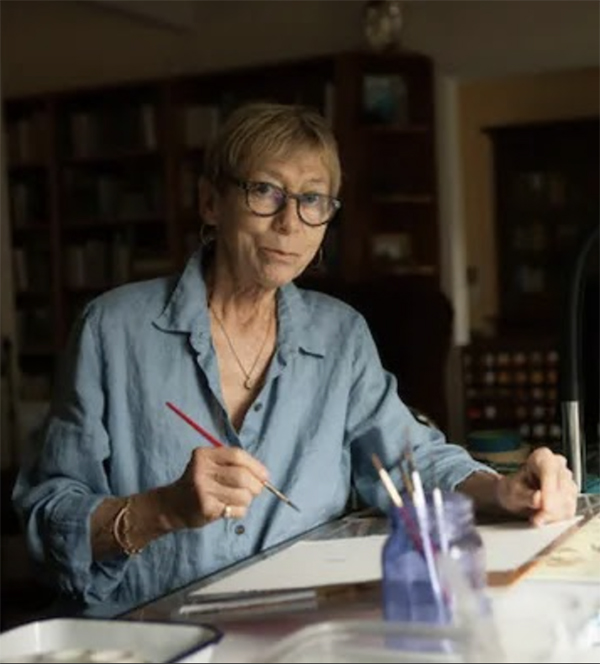
Elizabeth Parker
Elizabeth Parker (1953-2022), BFA, MBA, an Atlanta, Georgia-born, raised and based artist, art patron, philanthropist and businesswoman, helped run the Pattillo industrial and commercial real-estate companies from 1990 until 2018. Elizabeth was a great friend and ally of Bioneers.
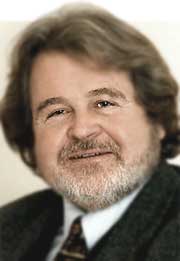
Darrell A Posey
Darrell A Posey (1947-2001), a presenter in the very early years of Bioneers, was a highly influential anthropologist and biologist who studied traditional Indigenous and folk knowledge in Brazil and other countries. He called his original approach “ethnobiology,” and he combined rigorous research with a deep respect for other cultures. He was a vigorous defender of and advocate for Indigenous peoples’ intellectual property rights. He was accurately described as an “anthropologist who gave up scholarly detachment to fight for the rights of native peoples.”
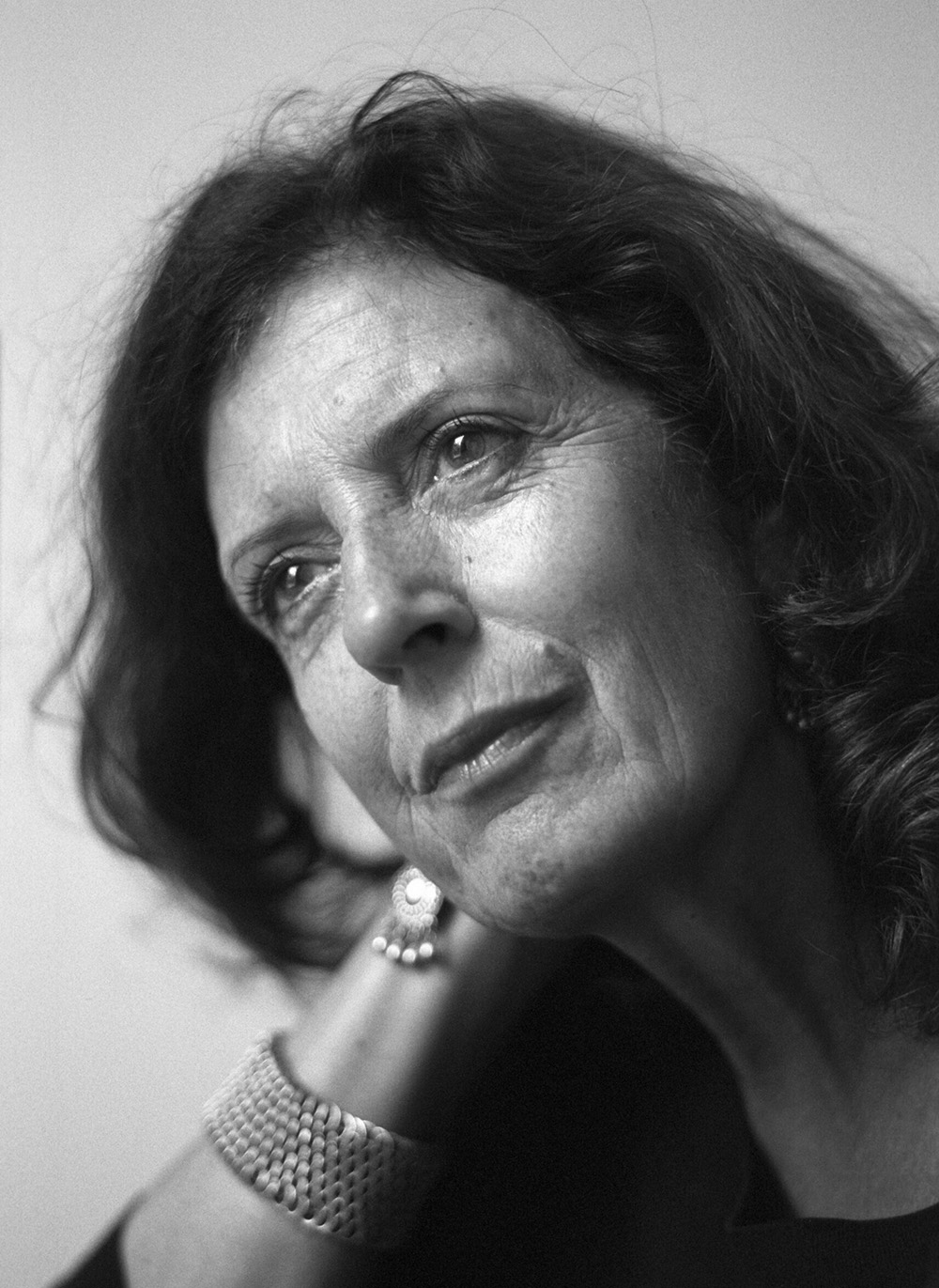
Anita Roddick
Anita Roddick (1942-2007) was a groundbreaking exemplar of genuinely socially and environmentally conscious business. A British entrepreneur, human rights activist and environmental campaigner, she was best known as the founder of The Body Shop, a “green” and fair-trade cosmetics company which was foundational in birthing the modern ethical consumerism movement. She was passionately involved in campaigning for eco and social issues her entire life, including working with Greenpeace and in 1990 founding Children on the Edge, a nonprofit helping disadvantaged children in Africa, Asia and Eastern Europe. She also became involved in fighting for the rights of the Angola Three, incarcerated men in the Louisiana State Penitentiary who were kept in solitary for decades.
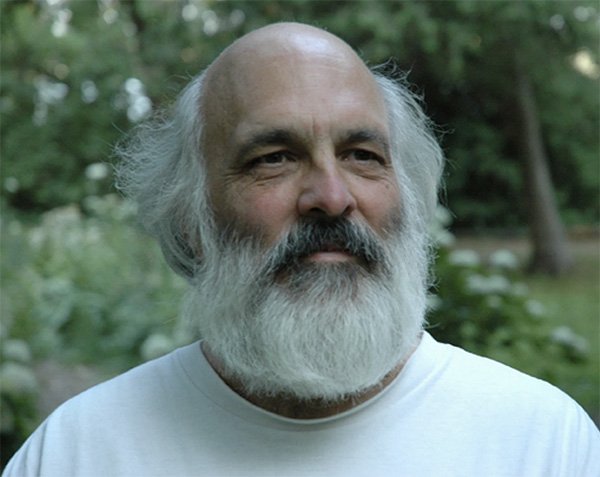
Bob Russell
Bob Russell (1936-2013) was a leading voice for environmental protection in the Grand Traverse region of Michigan for more than three decades. Russell and his wife Sally Van Vleck founded the Northern Michigan Environmental Action Council; he served for years on boards dealing with recycling and water protection in Grand Traverse County and was instrumental in developing a state-of-the-art upgrade to Traverse City’s wastewater treatment plant. Russell and Van Vleck also set up the non-profit Neahtawanta Research and Education Center, which sponsored numerous events, including, for many years, the annual Traverse City Bioneers Conference, the most long-lived and successful of the Bioneers “satellite” events we co-produced with local allies around the country in an extensive network for more than a decade.
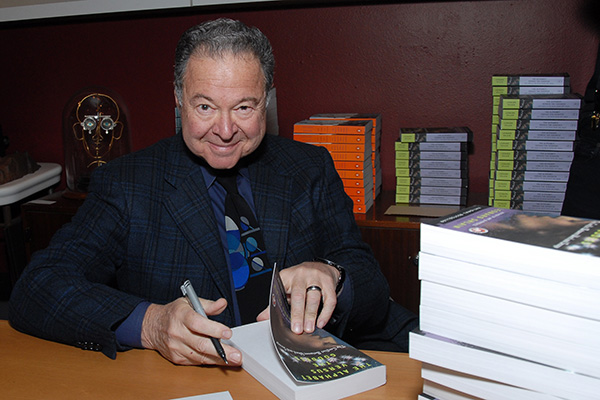
Leonard Shlain
Leonard Shlain, MD (1937-2009) was a brilliant surgeon and inventor whose reflections on the structure of the brain and his keen interest in and study of ancient cultures, science, history, art and the role of women led him to pen highly original and influential bestselling books, including: Art & Physics: Parallel Visions in Space, Time, and Light (1991), The Alphabet Versus the Goddess (1998), Sex, Time and Power: How Women’s Sexuality Shaped Human Evolution (2003), and Leonardo’s Brain: Understanding da Vinci’s Creative Genius (2014). Bioneers was honored to host talks by Shlain on a couple of occasions.
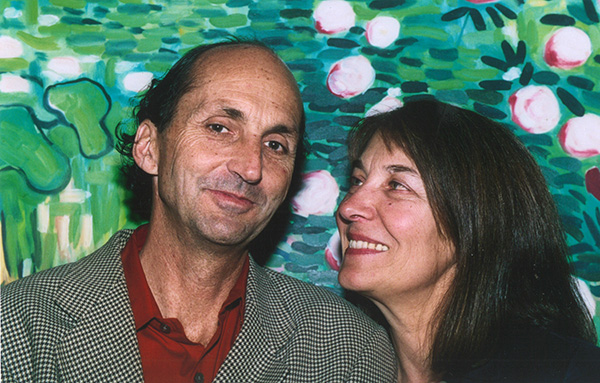
Greg Steltenpohl
Greg Steltenpohl (1954-2021) and a few friends in Santa Cruz bought a juicer for $250 in 1980 and began squeezing fresh orange juice and sold it out of the back of a Volkswagen van to support their real passion: playing jazz. By 1990 he and his friends had become leaders in the premium fresh juice sector with a company they called Odwalla, named for a song-poem by the Art Ensemble of Chicago. Sales climbed to $59 million by 1996, but the company was suddenly short-circuited that year by an E. coli outbreak in its raw apple juice, which killed a toddler and sickened some other consumers. Devastated by what happened, Greg left the company in 1998 and later built another company, Califia Farms, which makes almond milk, cold-brewed coffee and other non-dairy products and is now one of the most successful brands in the nearly $20 billion plant-based beverage industry. Greg was a great supporter of Bioneers in the 1990s.
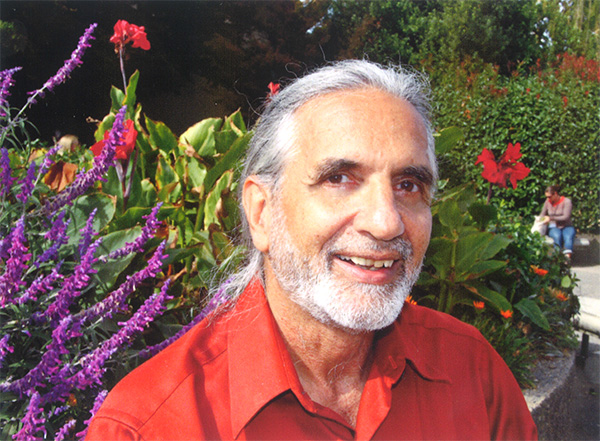
Peter Warshall
Peter Warshall (1940–2013), Ph.D., was a brilliant multidisciplinary scientist (ecologist , wildlife biologist, cultural anthropologist, sustainability and resource management expert, conflict resolution, etc., etc.) who studied at Harvard and in Paris with the legendary anthropologist and philosopher Claude Lévi-Strauss, as a Fulbright Scholar. At various times Peter worked as a consultant for the United Nations High Commission for Refugees in Ethiopia; for USAID and other organizations in ten other African nations; with the Tohono O’odham and Apache peoples of Arizona; as well as for corporations and municipal governments. He was also a passionate activist who waged major campaigns to defend endangered species and in favor of Indigenous land rights. His incredibly productive and varied life included a stint as Editor of the Whole Earth Catalog and Whole Earth Review, serving as the mayor of Bolinas, CA, and a longtime, very close relationship with Bioneers, including as the guiding light of our Dreaming New Mexico project.
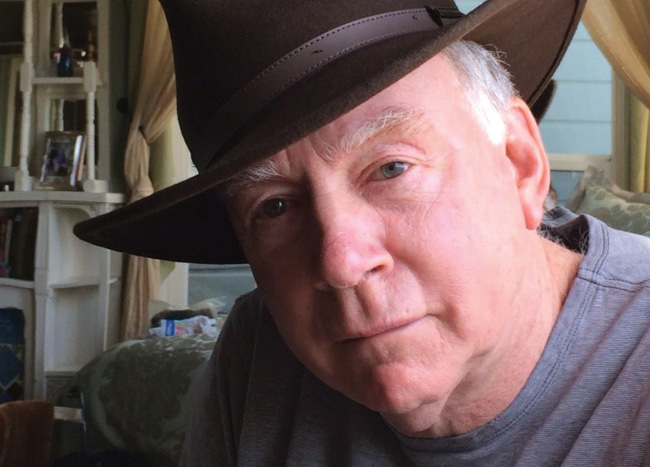
Eric Werthman
Eric Werthman (1941-2022), a great friend of Bioneers, was a Gestalt Psychotherapist for 38 years and the producer/director of two feature films, Going Under (2004) and The Drummer (2020). Eric was also a life-long activist for a number of causes: he went to Mississippi in Freedom Summer, 1964, to register voters, and he marched against the Vietnam War, for abortion rights, and against fracking, just to mention a few. A beloved member of the communities in Park Slope, Brooklyn, for a half-century and in Woodstock NY for two decades, he was, in recent years a member of Woodstock Transition involved in expanding local access to solar power and developing an innovative project to install heat pumps.
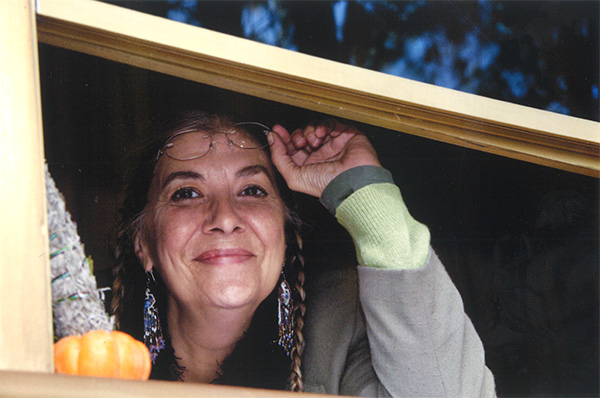
Barbara Whitestone
Barbara Whitestone (1952-2013) was a social entrepreneur who, in 1978, founded her own company, Organizational Common Sense, a personal service management company that worked primarily with music industry figures (including Bob Weir of the Grateful Dead) and operated it successfully for 20+ years, and was also Executive Director of the Furthur Foundation for 13 years. Barbara was also a gifted artist, working especially with hand-cut collages, as well as a traveler and bridge-builder who worked closely at various points with a range of Indigenous artisans around the world. Barbara was a vital part of the Bioneers Conference team for 22 years, running the box-office, and was also a deeply valued consultant at several critical moments in the organization’s history. She was an extraordinarily loyal ally and friend.
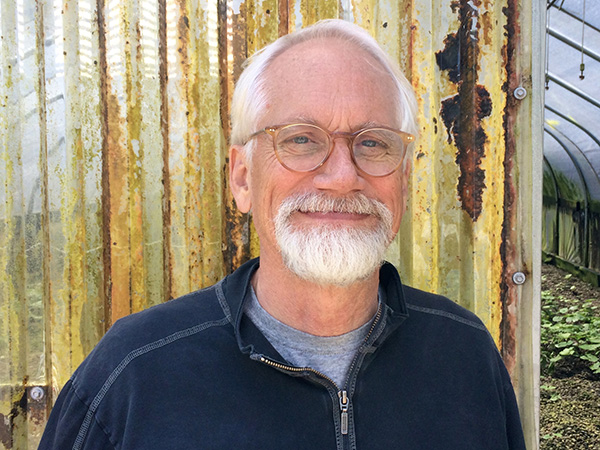
Dan Gordon Wieden
Dan Gordon Wieden (1945 – 2022) shared his infectious sense of creativity and the power of the natural world to enrich lives and launch countless talented young artists. An advertising executive born in Portland, Oregon, Wieden famously coined the Nike tagline “Just Do It.” After graduating from the University of Oregon’s School of Journalism and Communication, Wieden worked as a freelance writer and was soon employed by the McCann-Erickson advertising agency, where he and David Kennedy handled the then small Nike, Inc. account. In 1982, they started their own ad firm, Wieden+Kennedy. The 2009 Sundance Film Festival featured Art and Copy, a documentary that highlights Wieden’s Nike campaign as well as other renowned ad campaigns. In 1996, Wieden founded the nonprofit Caldera Arts in the Cascade Mountains, a summer camp where youth can create with mentorship and inspiration from their natural surroundings. Twenty-five years and counting, Caldera Arts has grown to be a year-round community that reaches thousands of young artists every year in both rural and urban communities. Dan was a passionate friend of nature, and an ardent supporter of the Pachamama Alliance work in the Amazon, and of Bioneers.